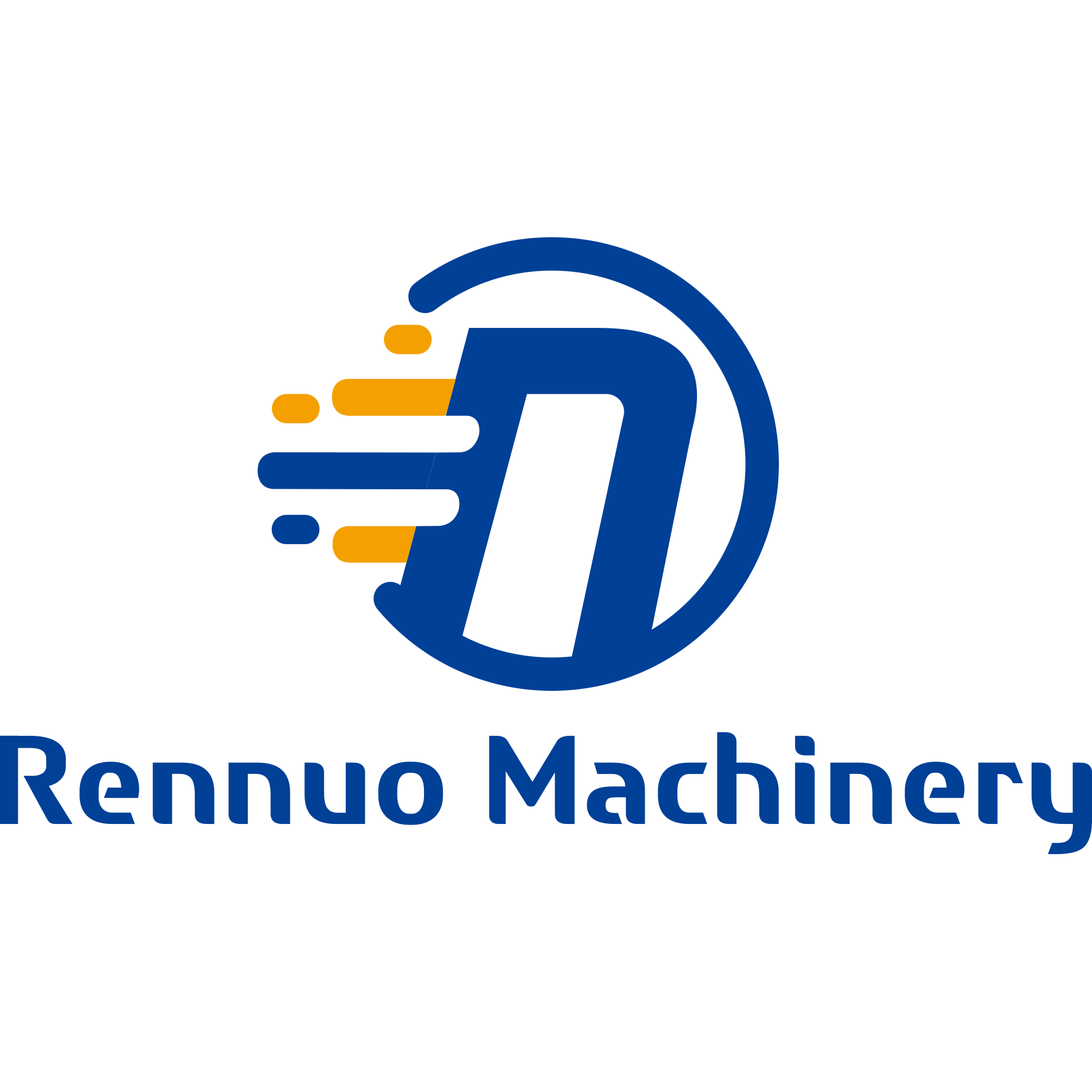Tips for buying second-hand excavators
1. Check the appearance and structure of the equipment:
When buying a second-hand excavator, first carefully check the appearance and structure of the equipment. Observe the body, tracks, cab and other parts for obvious wear, cracks or repair marks. If too many repair marks are found, it may mean that the equipment has experienced major damage or is nearing the end of its service life. In addition, check the welding points and joints of the structural parts to ensure that there is no looseness or abnormality.
2. Check the engine and hydraulic system:
The engine and hydraulic system are the “heart” of the excavator, and special attention should be paid when purchasing. First, check the engine’s starting performance, exhaust conditions, and the sound during operation. If the engine is difficult to start or there is an abnormal sound, it may indicate an internal problem. Secondly, the hydraulic system should be leak-free, and the color and state of the hydraulic oil should also be normal. The working conditions of hydraulic cylinders, pumps, valves and other components directly affect the overall performance of the excavator, and should not be ignored during inspection.
3. Test operation:
Test operation is a key link in purchasing a second-hand excavator. During the test run, you should operate each control lever to test whether the functions such as digging, lifting, and rotation are sensitive and stable. Observe the response speed and work efficiency of the equipment during operation, and check whether there are any slow operations, jitters, or abnormal noises. Through the test run, you can more intuitively understand the actual performance of the equipment and ensure that it meets your expectations.
4. Check the maintenance record of the equipment:
A well-maintained used excavator machine is often more guaranteed in terms of performance and service life. When purchasing, you should ask the supplier for the maintenance record of the equipment to check whether it has been maintained on time, whether there have been any major repairs or replacement of parts. The maintenance record of the equipment is an important basis for judging its status and residual value.
5. Understand the service life and working hours of the equipment:
The service life and working hours of a second-hand excavator are important indicators for judging its remaining service life. Generally speaking, equipment with a shorter service life and fewer working hours has higher performance and reliability. Of course, it is also necessary to consider the actual condition of the equipment and the use environment, rather than simply judging the quality of the equipment by age and working hours.
Second-hand excavators have become the preferred equipment for many engineering projects with their high cost performance and flexibility. However, there are many details and considerations to pay attention to when purchasing used equipment. By mastering the above purchasing tips, you can find the excavator that best meets your needs among many options to ensure that you get the maximum return on your investment. Rennuo Machinery has always been committed to providing customers with high-quality used equipment and professional services, and looks forward to working with you to create a better future for engineering construction.

